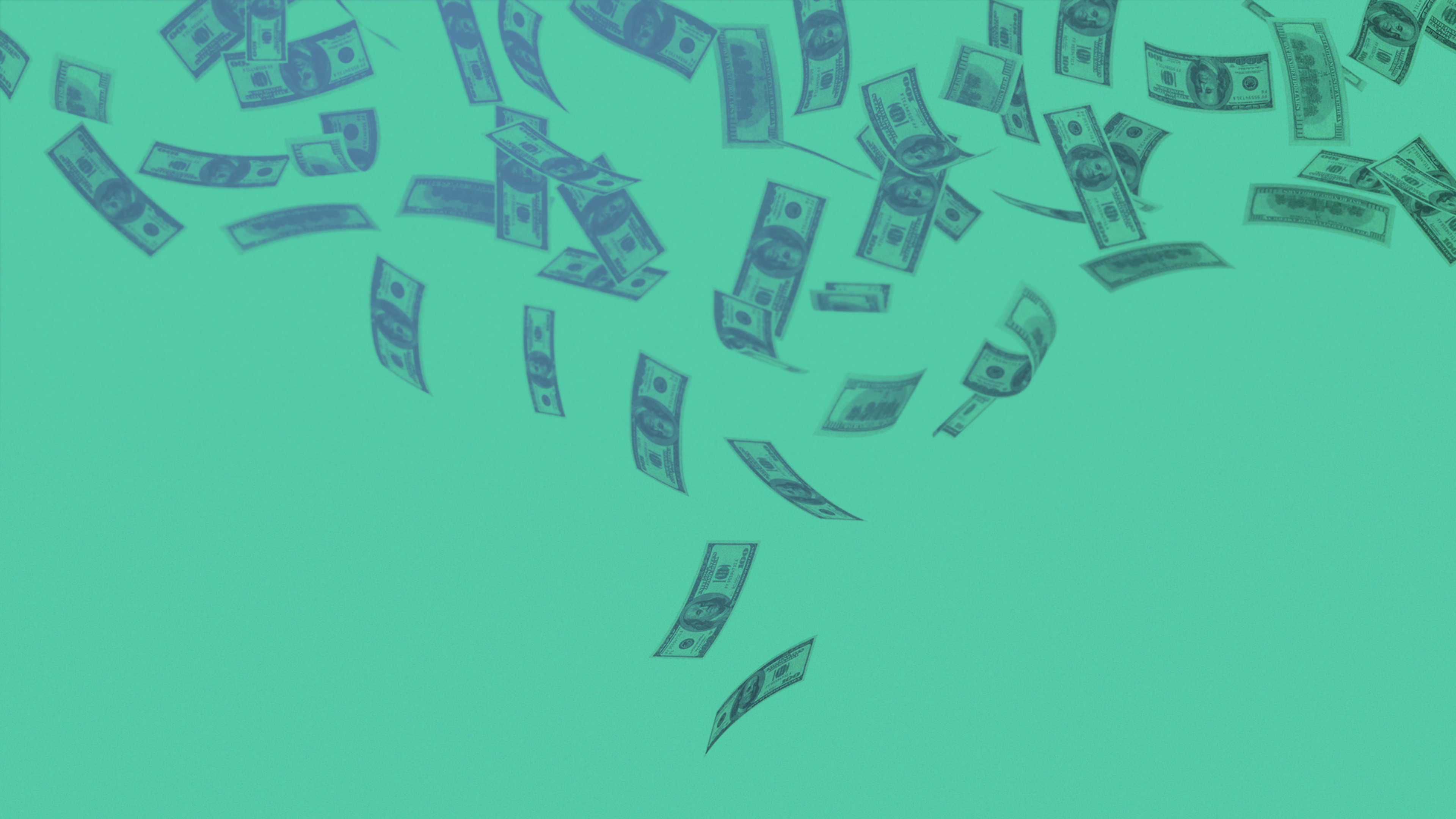This story reflects the views of this author, but not necessarily the editorial position of Fast Company.
If the dotcom bubble of the late ’90s taught us anything, it’s that fevered excitement (and ignorance) about new technologies can lead some people to prematurely monetize something that doesn’t exist yet, and possibly never will. Lately, as the cryptocurrency bonanza continues to unfold–sometimes in downright fraudulent ways–it’s clear we haven’t all learned that lesson.
In 2018, this tendency is hardly unique to blockchain, of course. It continues in the comparatively more sedate realm of e-commerce, where many cling no less tightly to the delusion that the internet is a gold-paved highway to easy riches. Whether it’s through out-of-the-box e-commerce solutions or affiliate-marketing schemes, legions of mini “solopreneurs” now fan out across the web, eager to draw an income while they sleep.
These days, you needn’t venture far online to hear all about the power of “side hustles” and the promise of “passive income.” Their champions argue that only gormless losers who prefer the conventions of nine-to-five work would miss out on the cash they can easily make through digital channels that just about run themselves.
Don’t believe them.
The Passive Income Myth
If it’s not some social-media guru hocking an e-book, it’s a supposedly very rich playboy you’ve never heard of barking at you in pre-roll ads on YouTube. Or maybe it’s just a close friend or family member–someone you otherwise trust–telling you how The 4-Hour Workweek changed their life. Whether the overt pitch or its unspoken subtext, the message is usually the same: “You can be just as successful and lazy as me by earning passive income.”
Sounds appealing, right? Who doesn’t want to earn money without having to do much? Success, however, is not a rotisserie oven–you can’t just set it and forget it. Yes, income from interest, rental yields, and investments in stocks and other assets can be considered passive, and some people earn quite a lot this way. But many of these folks are wealthy by other means (you need to have assets to begin with before you can squeeze more value out of them), and even they’ll likely tell you how much work goes into managing those revenue streams.
For the rest of us plebs, “passive income” refers not to a check our portfolio managers mail us but to drop shipping, e-books, web courses, and YouTube channels–all what’s known as “leveraged” or “residual income.” The idea with each of these products or platforms is that if you make an early upfront investment, usually in the form of hours of personal labor, then the product that results can go on to earn continuous income over time. Think of a novelist who writes a best-seller or a songwriter who pens a Top 40 hit.
The math checks out fine: Working once and getting paid many times is better than working once, getting paid, and having to work again to earn more. (This is literally Facebook’s entire business model with its advertisers.) And it’s a fine principle. It’s just that if you’re doing so-called “passive income” right, there shouldn’t be anything “passive” about it. It requires hours and hours of intense dedication and continuous improvement in your given product, service, or skill set.
Shopify Won’t Secure Your Retirement All By Itself
Simply put, your drop-shipping business selling fun T-shirts and tote bags (or anything else, for that matter) isn’t going anywhere without a sensible customer-acquisition strategy, a decent marketing investment, and ongoing improvement in your product offering. No one wants to read your e-book just because you wrote one. People like web courses made by genuine experts with unique value to offer. And according to a 2016 survey of popular vlogs, you can literally earn a medical degree in the time it typically takes to grow a profitable YouTube channel.
So should you even bother? Of course. Are there people out there who’ve made bank off an e-commerce store or self-published am e-book that’s gone viral? Fifty shades of absolutely.
Just be prepared to work very actively to achieve those results. It takes time, effort, and more than a few setbacks to create anything good enough that many people want to pay for it–and then keep coming back for more. Make it unique and valuable, something that solves people’s problems or makes them see something in a new way. Don’t make it a cynical, half-assed cash grab. You might sucker some folks out of their money that way, but those bubbles always pop–even the small ones.
Whatever it is that you do, just don’t be passive about it.
Greg Moskovitch is head of search at Splashbox, a Melbourne, Australia–based digital marketing agency. Greg works on SEO campaigns for more than 60 clients, ensuring strategy is in line with each client’s business objectives. A graduate of the Australian Film, Television and Radio School, Greg is also a prolific blogger and e-learning junkie.
Recognize your brand’s excellence by applying to this year’s Brands That Matter Awards before the early-rate deadline, May 3.
